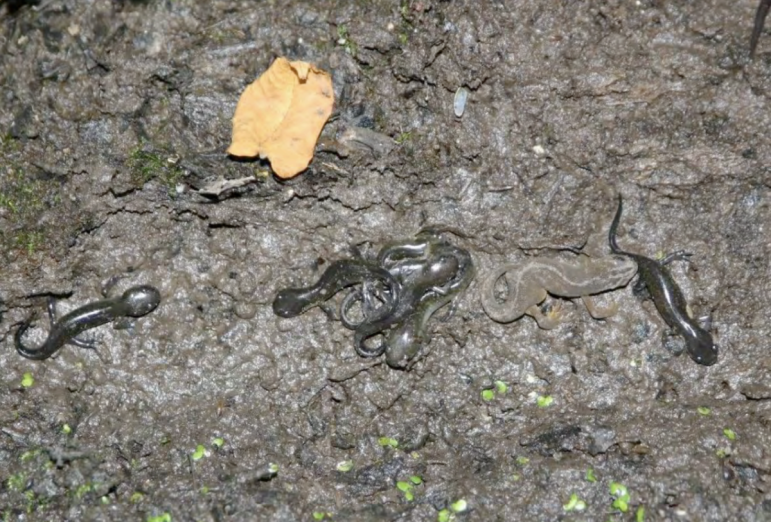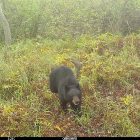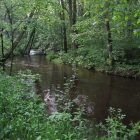
By Ashley Han and Olivia Watters
Can two animals look the same, act the same, even share a mother and yet be two different species? You can find an answer in a very particular kind of salamander which resides in the Skyline High School wetlands: the LJJ unisexual hybrid salamanders. These salamanders are akin to legend in this Ann Arbor school’s halls. Ask around and you’ll get a dozen different answers to what these creatures are, why they matter –and where they’ve gone.

By Ashley Han and Olivia Watters
Every year, Skyline High School students go salamander hunting. AP Environmental Sciences (APES) students in this Ann Arbor school have heard too much about the school wetlands’ rare salamanders to not investigate for themselves. When construction for Skyline broke ground in 2004, it revealed a rare population of LJJ unisexual hybrid salamanders – first incorrectly thought to be silvery salamanders.

By Gray Longcore
“There’s bears here?” That was a common response this spring to the first public display of photos of a black bear taken from trail cameras just a half-hour drive from downtown Lansing. These sightings are part of a recent southward push of black bears in Michigan.

By Joshua Kim
Water quality experts are using DNA tools to track down contamination responsible for beach closures and reduced recreational opportunities along the Great Lakes and other Michigan inland lakes and streams.
More Headlines




